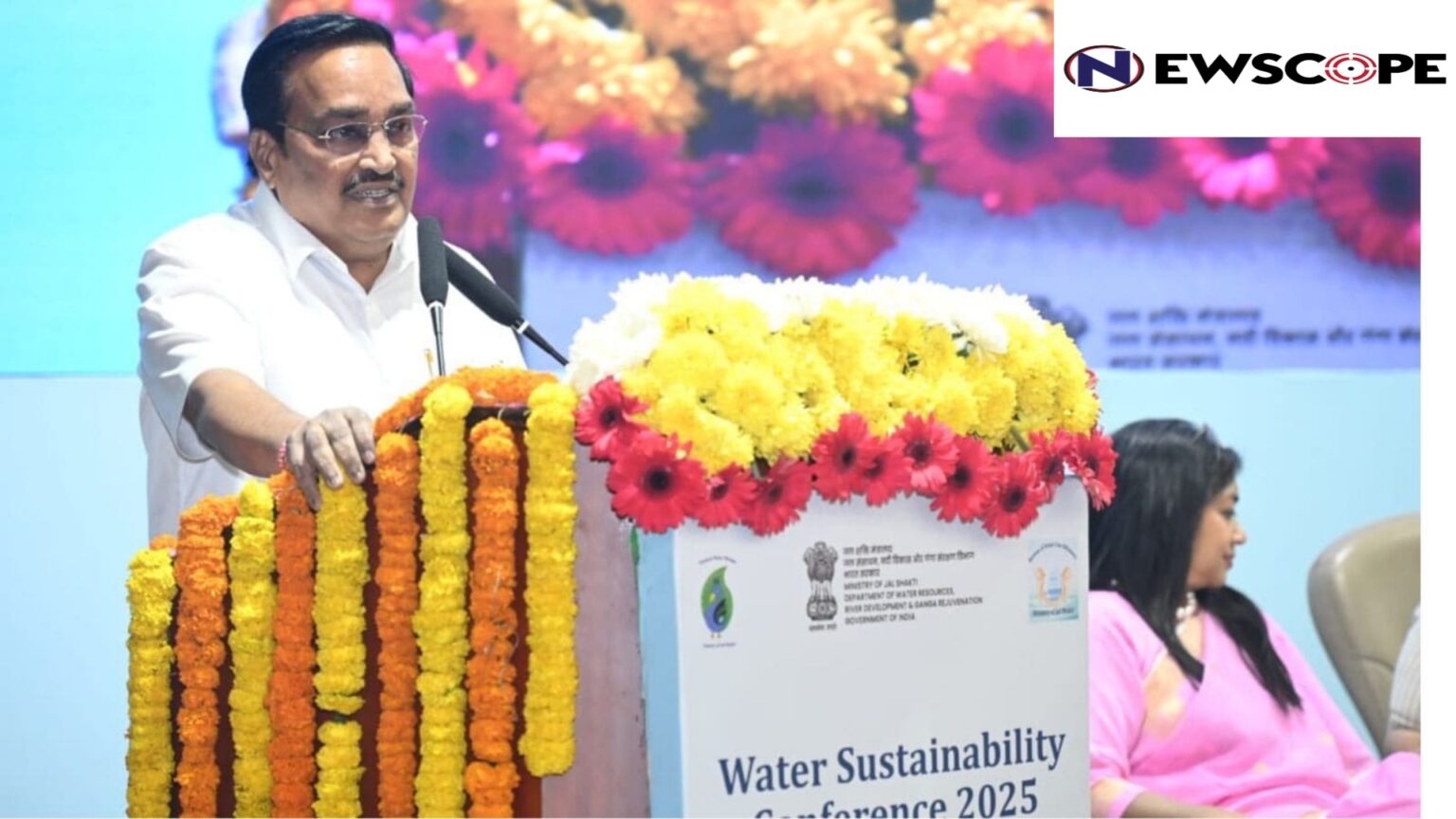India’s flagship program to provide tap water to every rural household, the Jal Jeevan Mission, has faced increasing scrutiny due to allegations of financial irregularities and implementation lapses. Union Jal Shakti Minister CR Patil has responded proactively, engaging with MPs and overseeing investigations to address these concerns. The mission is currently set to meet its revised 2028 deadline.
In March of this year as Jal Shakti Ministry’s Demand for Grants were being discussed, Patil acknowledged the ‘genuine’ complaints of irregularities in mission’s implementation across 12 states, both BJP and non BJP ruled. He stated that inquiries were initiated against 256 officials, with 26,455 departmental actions taken to ensure accountability, emphasizing a no-tolerance stance on wrongdoing. A possible trigger for these probes was a change in tender guidelines three years ago, that lifted expenditure checks, leading to cost escalations of ₹16,839 crore for 14,586 schemes, 14.58% increase over estimated costs.
Patil convened an informal meetingb on 22nd of may, following a high level review on 8th may with around 60 MPs to address concerns raised during the budget session, though only a few could attend due to prior engagements. MPs, including Rashtriya Loktantrik Party’s Hanuman Beniwal, demanded expedited investigations, particularly in Rajasthan, where a ₹55 crore scam led to the arrest of former minister Mahesh Joshi under the Prevention of Money Laundering Act. Bihar MP Pappu Yadav raised flooding issues, urging river interlinking, while Congress MP Mohammad Jawed opposed the Kosi Mechi Link Project, citing flood risks. Patil assured MPs that 100 Central Nodal teams were deployed across 135 districts in states like Uttar Pradesh, Rajasthan, Madhya Pradesh, and Karnataka to inspect Jal Jeevan Mission projects.
Patil highlighted the mission’s progress noting that 80% of rural households, about 15 crore, now have tap water, up from the 17% in 2019. Also known as ‘Har Ghar Jal’, Jal Jeevan Mission has engaged 25 lakh women who have been trained to test water quality.



